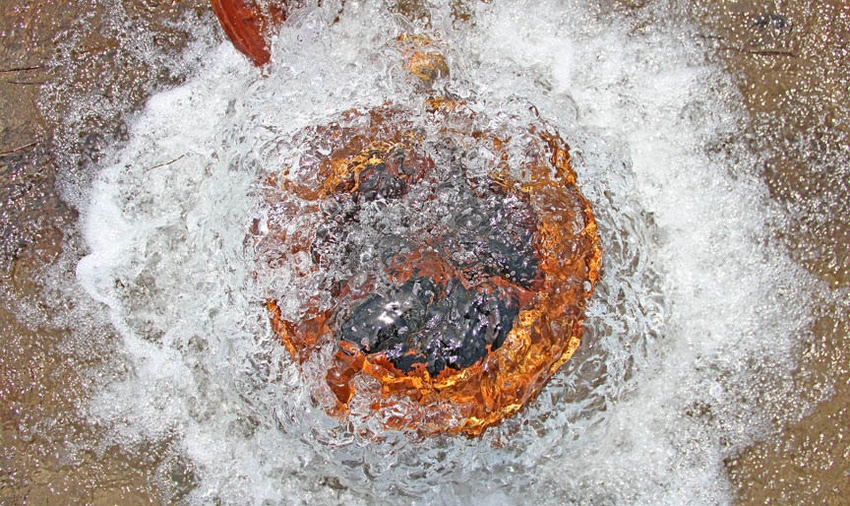October 8, 2013

It does not take long for a conversation with a California farmer to reach the topic of water. It has always been that way.
However, the topic strikes real fear like it has never before. California has faced numerous water crises, but nothing like this one.
Economically it could not come at a worse time. Harvests are at hand and for the most part, yields and prices across most all commodities are good. Amazing in some cases. There should be considerable optimism for 2014, but there’s trepidation because many producers do not know if they will have water to grow crops next season.
Secondly, California is largely permanent crops, orchards, vineyards and groves that cannot be fallowed. They are either irrigated or die at a cost of billions.
Federal and state water purveyors are telling famers to expect zero allocations next spring and maybe zero for the entire season. Granted, most farmers who have access to surface water also have wells. Many farmers irrigate with wells only. However, the idea of restricting pumping from long overdrafted aquifers is being considered.
Unlike most states, California has virtually no governmental restrictions on groundwater pumping. However, California farmers have long realized Sacramento will someday at least try to regulate it. Local water agencies are now talking about regulating groundwater themselves to get ahead of the regulatory scenario. It’s not unprecedented. Westlands Water District did it in 2006 when there was plenty of surface water for delivery. Tom Birmingham, Westlands district manager, has been quoted as saying the district is looking at regulating pumping again in 2014.
Water is getting so expensive; farmers are considering selling what water they have rather than farm. Offers of $1,200 per acre foot for water this year are common. That is five or six times what it cost the farmer. However, there were few takers because there was no water to sell. However, selling water may be easier suggested than realized. Rules — old and new — within districts often preclude a farmer from selling water allocations or even moving water around within a district.
If a Central Valley farmer has water, either via grandfathered water rights or good groundwater, he is being courted by garlic, onion and tomato packers. Tomato processers are reportedly offering $90 to $100 per ton 2014 tomato contracts. This year’s contract was $70. The other reason for those prices is a disease-shortened 2013 crop that reduced inventory in a good sales market.
The impact of this drought has already been felt in fallowed open fields this season. There are fewer jobs and lost farm income. Growers have not had water for post-harvest irrigation of trees and vines, which has a significant impact on the next crop. And the well water that farmers have relied heavily upon this year has not been the best quality in many cases. This could also have significant impact on future crops.
I have written countless water articles over the years, mostly under the “crisis” category. However, as one farmer told me, “We have survived so far.” California producers are definitely resourceful, but many are feeling like they have no play yet for next season. It will be a long winter of looking skyward for relief.
You May Also Like




